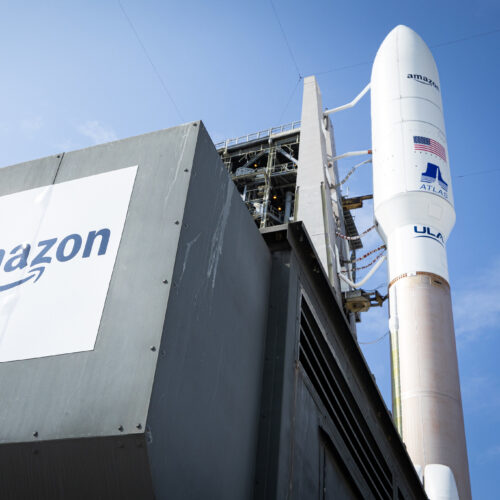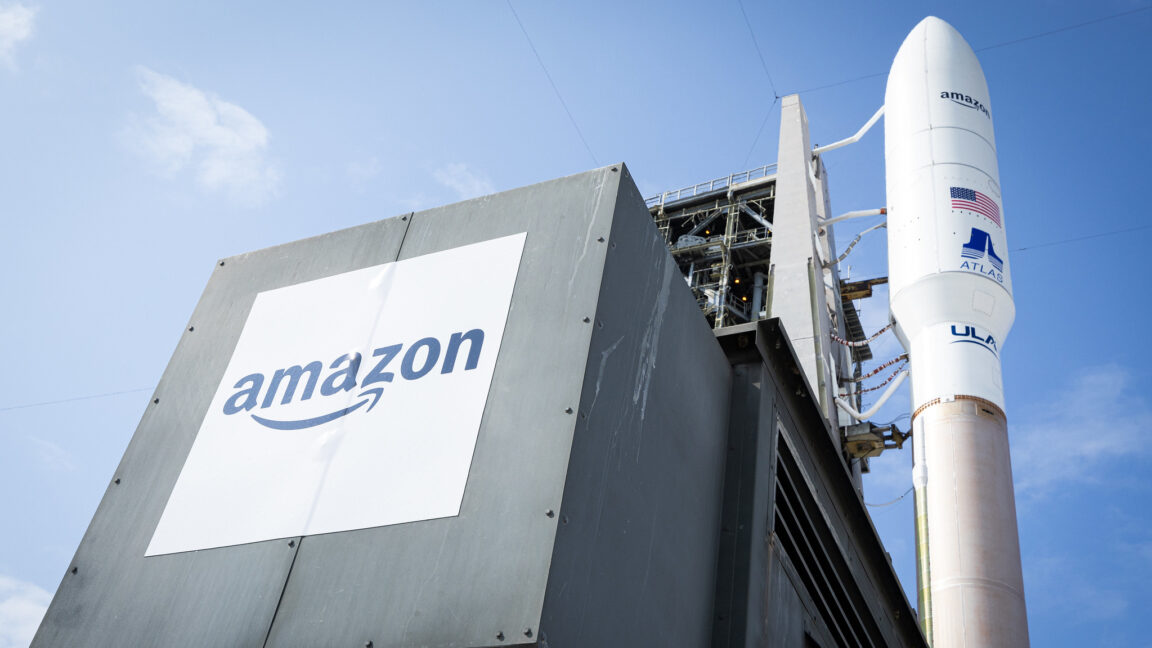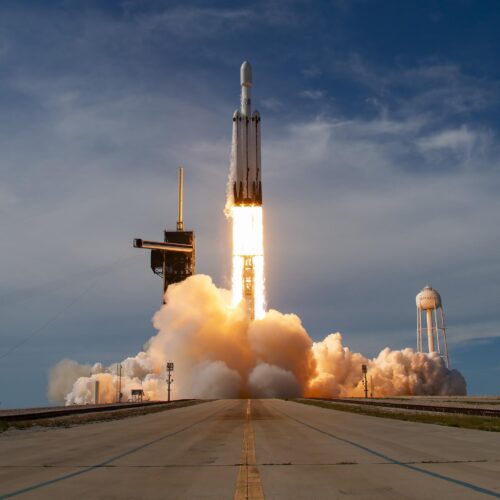Rocket Report: New delay for Europe’s reusable rocket; SpaceX moves in at SLC-37
Welcome to Edition 7.48 of the Rocket Report! The shock of last week's public spat between President Donald Trump and SpaceX founder Elon Musk has worn off, and Musk expressed regret for some of his comments going after Trump on social media. Musk also backtracked from his threat to begin decommissioning the Dragon spacecraft, currently the only way for the US government to send people to the International Space Station. Nevertheless, there are many people who think Musk's attachment to Trump could end up putting the US space program at risk, and I'm not convinced that danger has passed.
As always, we welcome reader submissions. If you don't want to miss an issue, please subscribe using the box below (the form will not appear on AMP-enabled versions of the site). Each report will include information on small-, medium-, and heavy-lift rockets, as well as a quick look ahead at the next three launches on the calendar.

Quebec invests in small launch company. The government of Quebec will invest CA$10 million ($7.3 million) into a Montreal-area company that is developing a system to launch small satellites into space, The Canadian Press reports. Quebec Premier François Legault announced the investment into Reaction Dynamics at the company's facility in Longueuil, a Montreal suburb. The province's economy minister, Christine Fréchette, said the investment will allow the company to begin launching microsatellites into orbit from Canada as early as 2027.
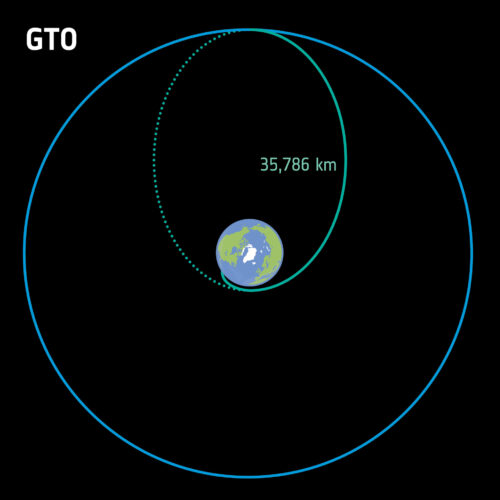
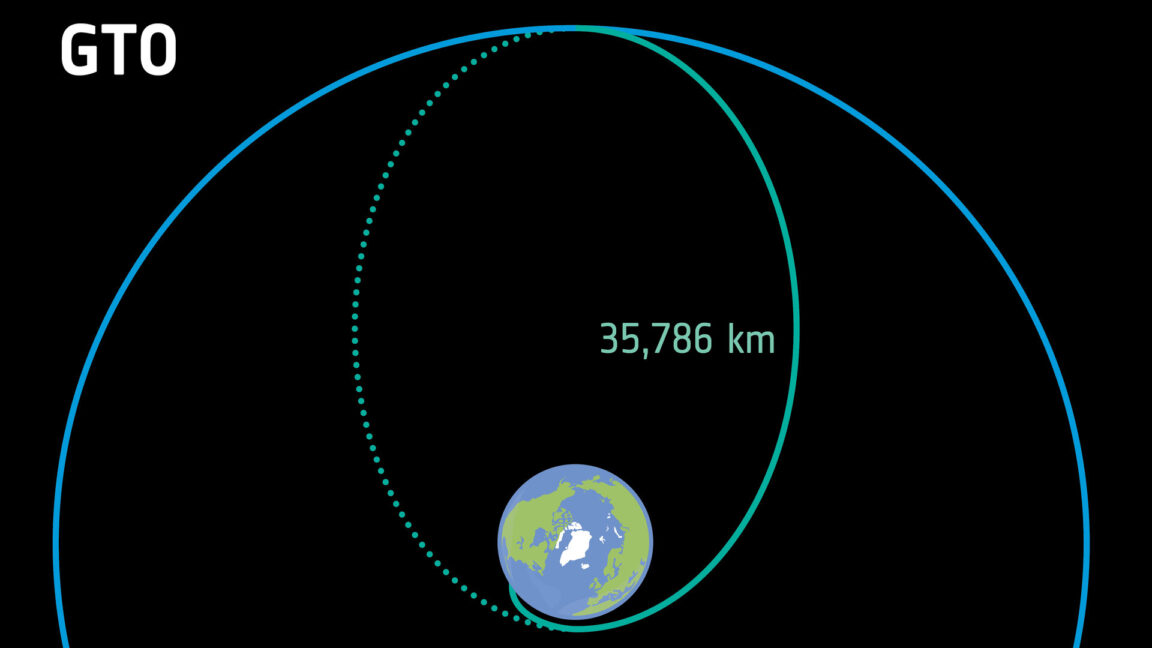
© European Space Agency
